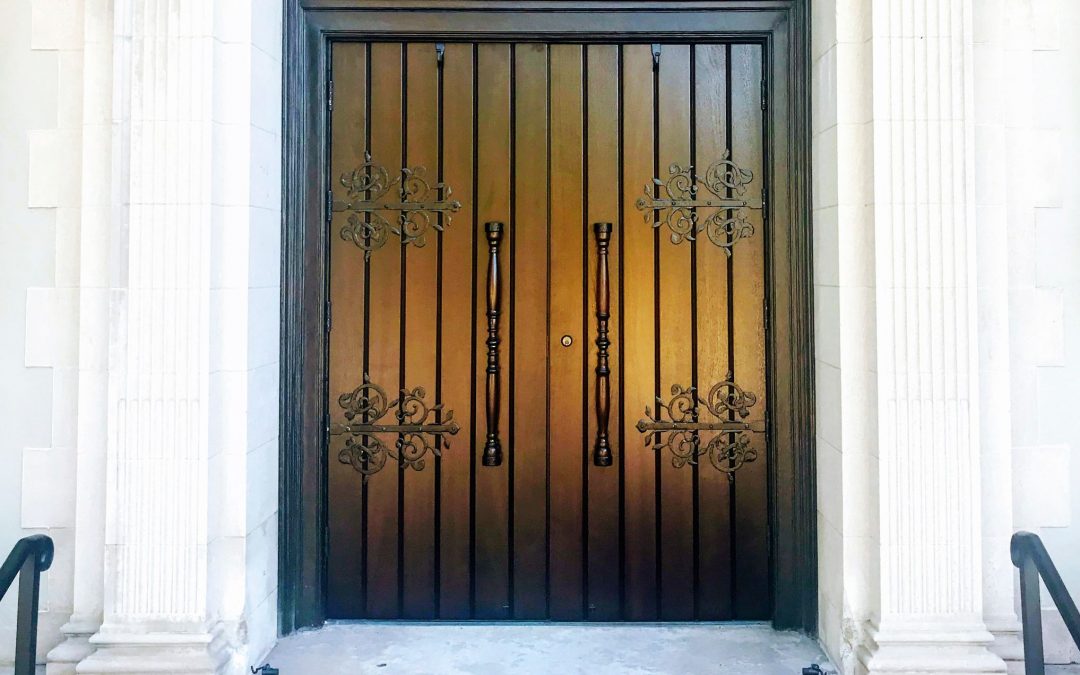Dear Friends,
I am going to be on my annual retreat this week. I look forward to spending a week in silence to talk to and listen to God. Please know that I will be keeping you in my prayers this week, please keep me in yours.
After the election, I suppose, you might think I need to continue to address the divisions that exist in our country. Certainly, a lot of commentators are trying to figure out where the division came from and have lots of thoughts about how to heal it. Half the country is happy today and half the country is sad. The election did not cause the division but it clearly points it out.
Wonderfully, Pope Francis wrote us a letter last week that offers us some ideas for our reflection that may help with the division we see between neighbors. The letter is called DILEXIT NOS and concerns the love Jesus has for us as seen through his heart. I plan on praying over the letter on retreat. It is long. I am going to give you a few parts of the encyclical in the weeks ahead. Here is the beginning:
“HE LOVED US”, Saint Paul says of Christ, in order to make us realize that nothing can ever “separate us” from that love. Paul could say this with certainty because Jesus himself had told his disciples, “I have loved you.” Even now, the Lord says to us, “I have called you friends.” His open heart has gone before us and waits for us, unconditionally, asking only to offer us his love and friendship. For “he loved us first.” Because of Jesus, “we have come to know and believe in the love that God has for us” . . .
In this “liquid” world of ours, we need to start speaking once more about the heart and thinking about this place where every person, of every class and condition, creates a synthesis, where they encounter the radical source of their strengths, convictions, passions and decisions. Yet, we find ourselves immersed in societies of serial consumers who live from day to day, dominated by the hectic pace and bombarded by technology, lacking in the patience needed to engage in the processes that an interior life by its very nature requires. In contemporary society, people “risk losing their center, the center of their very selves”. “Indeed, the men and women of our time often find themselves confused and torn apart, almost bereft of an inner principle that can create unity and harmony in their lives and actions. Models of behavior that, sadly, are now widespread exaggerate our rational-technological dimension or, on the contrary, that of our instincts”. No room is left for the heart.
The issues raised by today’s liquid society are much discussed, but this depreciation of the deep core of our humanity – the heart – has a much longer history. We find it already present in Hellenic and pre-Christian rationalism, in post-Christian idealism and in materialism in its various guises. The heart has been ignored in anthropology, and the great philosophical tradition finds it a foreign notion, preferring other concepts such as reason, will or freedom. The very meaning of the term is imprecise and hard to situate within our human experience. Perhaps this is due to the difficulty of treating it as a “clear and distinct idea”, or because it entails the question of self-understanding, where the deepest part of us is also that which is least known. Even encountering others does not necessarily prove to be a way of encountering ourselves, inasmuch as our thought patterns are dominated by an unhealthy individualism. Many people feel safer constructing their systems of thought in the more readily controllable domain of intelligence and will. The failure to make room for the heart, as distinct from our human powers and passions viewed in isolation from one another, has resulted in a stunting of the idea of a personal center, in which love, in the end, is the one reality that can unify all the others.
If we devalue the heart, we also devalue what it means to speak from the heart, to act with the heart, to cultivate and heal the heart. If we fail to appreciate the specificity of the heart, we miss the messages that the mind alone cannot communicate; we miss out on the richness of our encounters with others; we miss out on poetry. We also lose track of history and our own past, since our real personal history is built with the heart. At the end of our lives, that alone will matter.
More to come (or you can find the full letter online).
Fr. Damian



